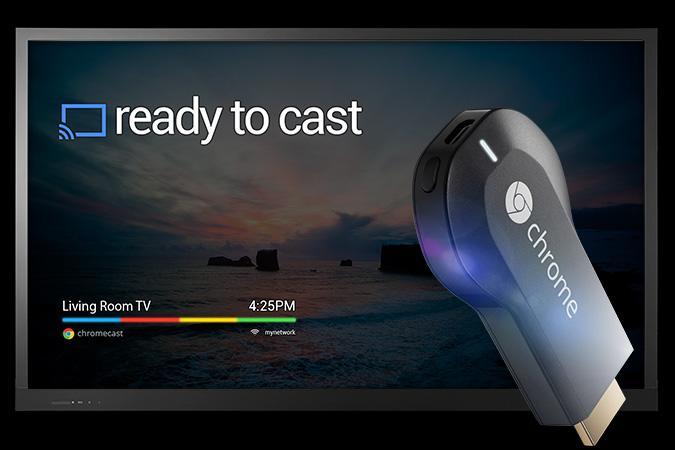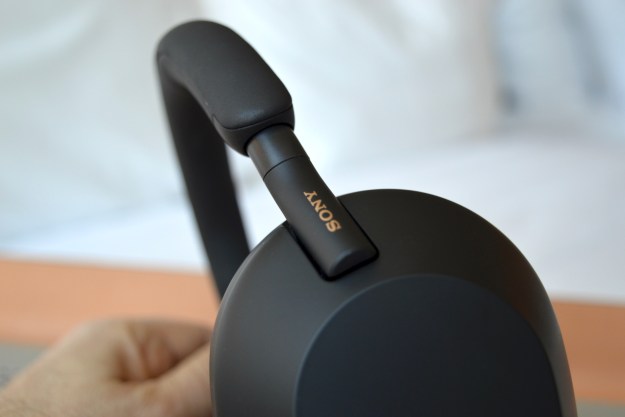
Aereo, the infamous company that brings broadcast TV online to the chagrin of television networks everywhere, has announced plans to launch a new app that will allow the service to work on Google’s streaming dongle, Chromecast. According to CEO Chet Kanojia, the new app is being tested now, though no word was given as to when it is slated for release.
A report by CNET details a chat with Kanojia at a USB investor conference on Tuesday about the latest moves for Aereo. Among other revelations, Kanojia explained that Chromecast was a major goal for Aereo, revealing that the service’s compatibility with Google’s Android OS in September was based largely on that aim. While Aereo is already available for use with Roku and Apple TV, the uber-affordable Chromecast device, priced at only $35, is a natural match for the service, which uses similarly minuscule antennae to rebroadcast network TV to its users via the Internet at a price starting at $8/month. Add this latest news to yesterday’s announcement of 10 new apps which more than double Chromecast’s growing stable, and it’s been a pretty good week for Chromecast users.
It may seem gratuitous to go through all that trouble to rebroadcast network TV, something available to most of us with a simple antenna. But Aereo allows cord-cutters to watch network television on their time by allowing recording of the content to a cloud-based DVR system in addition to accessing it live. By adding Chromecast support, the service will be that much easier for users to circumvent the standard system, and get popular programming back on the big screen at their leisure.
Along with the Chromecast announcement, Kanojia also gave specifics about the company’s planned expansion into 22 cities in 2013, saying the service will fall short of that goal, though he projected four to five more cities will be added to its current list of 9 metropolitan areas by years end. Reasons given for the missed deadline include technical difficulties and “snafus,” as well as constant legal battles with major and local networks, who claim the company’s rebroadcasting of TV content without paying fees is an illegal public performance. Aereo spokesmen continue to claim that the service provides a legal, private performance. The fight has been carried out through a litany of lawsuits across the country, and a petition has been filed for the battle royale to culminate at the Supreme Court.
Meanwhile, for those looking to get onboard, Aereo is currently available in the metropolitan areas of Denver, New York City, Salt Lake City, D.C, Boston, Atlanta, Miami, Houston, Dallas, and Detroit, with Baltimore being added to the fold on December 16th.
Under constant siege since its inception, Aereo has never shown signs of slowing down, seeming to spit in the face of the titanic network conglomerates who see the service as an assault on the status quo that could lead to a domino effect in the industry. Even MLB and the NFL have recently gone on the assault against Aereo, pledging to move all broadcasts to cable if the service continues. And fears persist in the industry that if the Supreme Court rules in favor of Aereo, cable and satellite companies might create their own version of the technology, creating a strain on the multi billion dollar revenue stream currently paid out by companies like Comcast and Time Warner Cable.
For the rest of us, however, there’s nothing left to do but sit and watch the fireworks — possibly very soon over a Chromecast dongle.
Editors' Recommendations
- Bose has a bigger Bluetooth speaker to power your next pool party
- This CD/Walkman-inspired MP3 player aims to be the next mixtape
- A $20 Chromecast with Google TV is perfect for this one reason
- Nothing’s new earbuds upstage Apple, Google, and Amazon by embedding ChatGPT
- Anker’s Soundcore Sleep A20 earbuds are next-level sleep aids to block out noise


